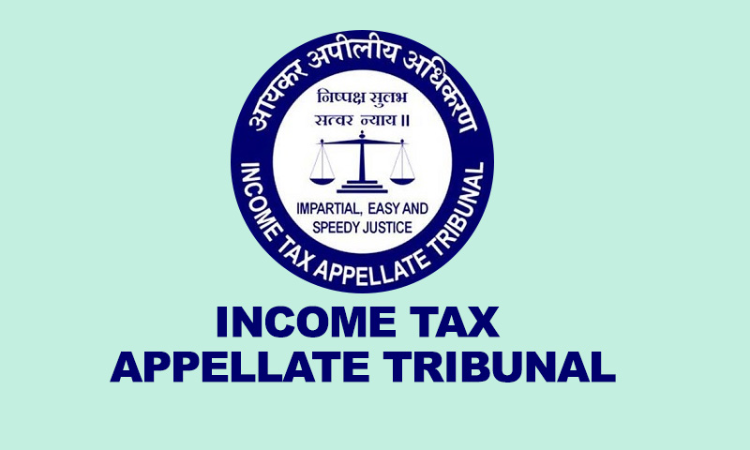The Delhi Bench of Income Tax Appellate Tribunal (ITAT) has held that the computation of six assessment years for search assessments under Section 153C of the Income Tax Act starts from the date of receiving seized documents.The bench of Saktijit Dey (Vice President) and Naveen Chandra (Accountant Member) has relied on the decision of the Supreme Court in the case of CIT vs. Jasjit Singh,...

